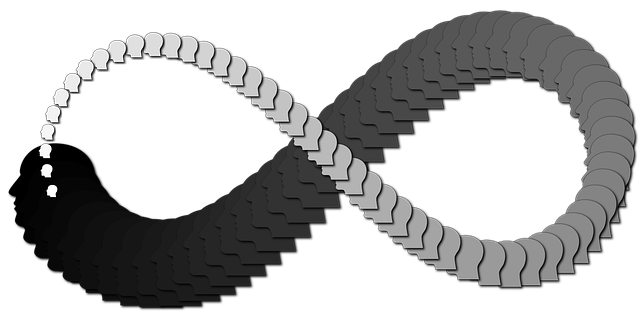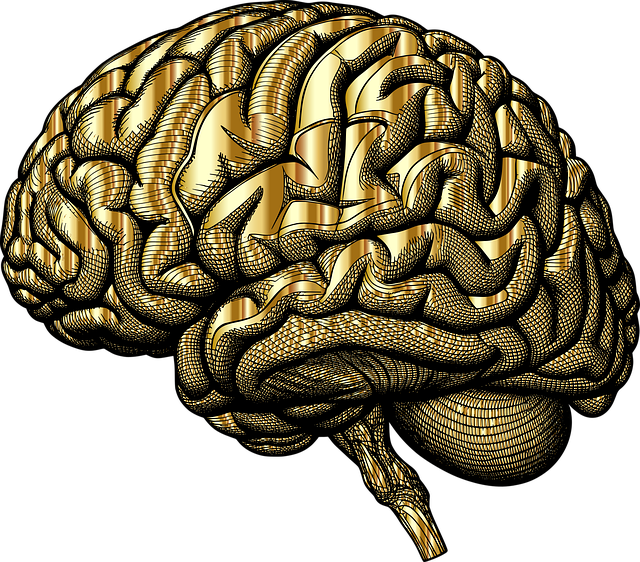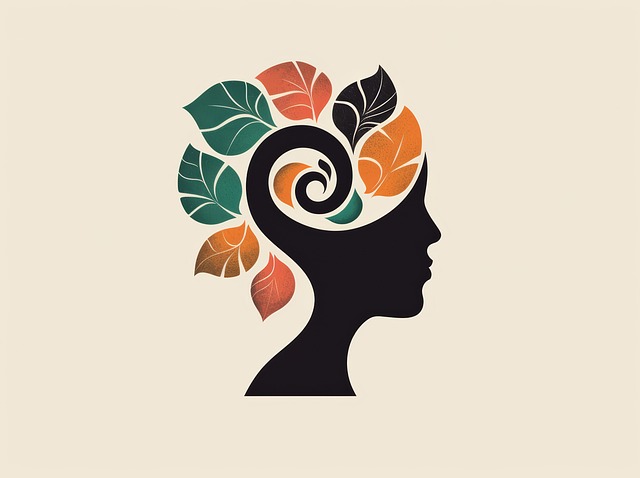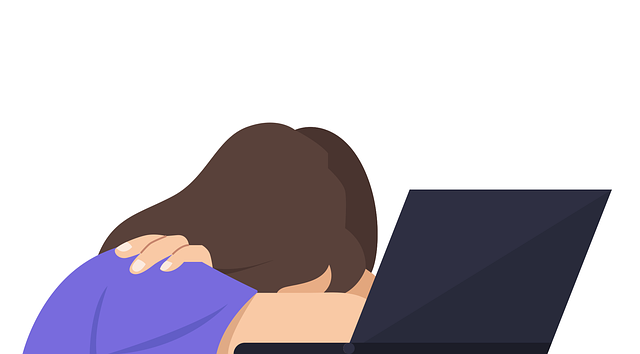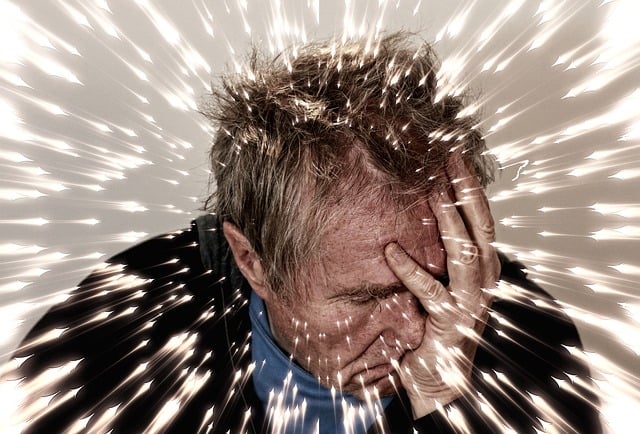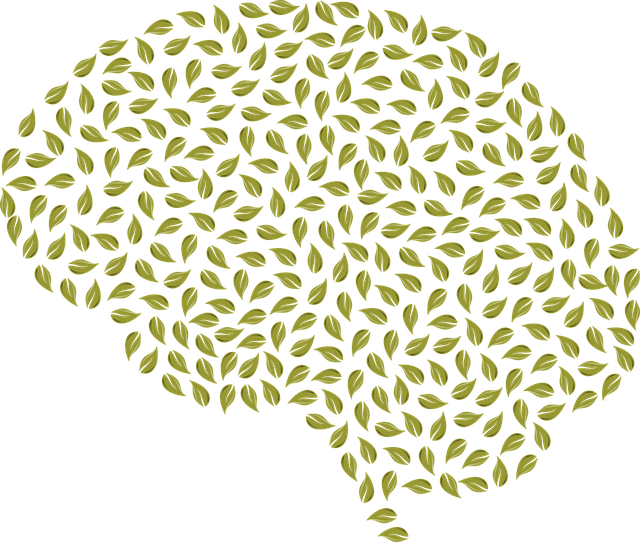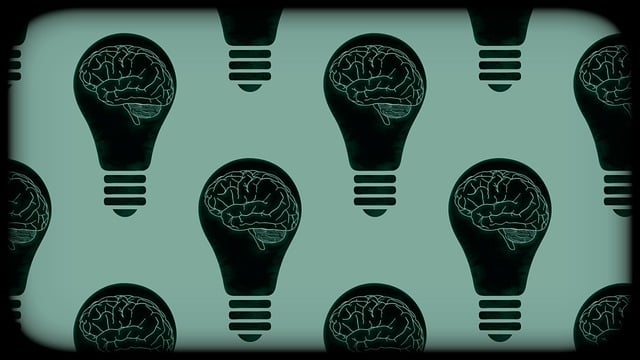The aging population faces unique mental wellness challenges, requiring specialized therapy tools. Traditional approaches often fail to address age-related cognitive decline, intergenerational trauma, and isolation. Self-assessment tools are vital for early detection and proactive interventions using evidence-based practices like mindfulness meditation and coping skills development. These tools should be culturally sensitive, cognitively appropriate, versatile, and accessible in various settings. Technology integration through online platforms and mobile apps offers convenient therapy options for elders, with virtual platforms delivering effective practices like Compassion Cultivation. Continuous evaluation is crucial to maintain tool quality and efficacy, incorporating feedback from therapists and clients. Focusing on mindfulness, self-esteem, and communication strategies enhances therapy outcomes for both elders and therapists, enabling personalized care and progress tracking.
In today’s digital era, addressing mental wellness among elders is more crucial than ever. Specialized self-assessment tools are essential for therapists and clinicians to effectively evaluate and support elderly individuals. This article explores the development of such tools, focusing on understanding the unique needs of older adults, designing comprehensive assessments, integrating technology for accessible care, and ensuring continuous improvement. By leveraging these strategies, therapy for elders can be enhanced, empowering both patients and practitioners alike.
- Understanding the Need for Specialized Mental Wellness Tools for Elders
- Designing Effective Self-Assessment Tools: Considerations for Clinicians and Therapists
- Integrating Technology: Digital Platforms for Accessible Elderly Mental Health Care
- Continuous Evaluation and Improvement: Ensuring the Quality of Self-Assessment Tools for Optimal Therapy Outcomes
Understanding the Need for Specialized Mental Wellness Tools for Elders

As the population ages, there is a growing need for specialized mental wellness tools tailored to address the unique challenges faced by elders. Traditional therapy approaches often fail to account for age-related cognitive and physical changes, as well as the intergenerational impact of trauma. Elderly individuals may struggle with feelings of isolation, loss of purpose, and declining mental agility, requiring therapeutic interventions that cater to these specific concerns.
The development of self-assessment tools designed for this demographic is crucial in facilitating early detection of mental health issues and promoting proactive therapy for elders. By incorporating evidence-based practices such as mindfulness meditation and coping skills development, these tools can empower therapists and clinicians to provide targeted interventions. Enhanced stress management techniques are also vital, given the accumulation of life stressors that elders may experience. Such specialized resources enable professionals to offer tailored support, ultimately improving the quality of care for this vulnerable population.
Designing Effective Self-Assessment Tools: Considerations for Clinicians and Therapists

Designing effective self-assessment tools requires a deep understanding of the target population and their unique needs. For therapists and clinicians working with elders, this means considering cultural sensitivity, cognitive abilities, and access to resources. Tools should be adaptable to various settings, from clinical offices to community centers, ensuring inclusivity and accessibility for all older adults. Incorporating user-friendly interfaces and clear language can significantly enhance participation rates.
Moreover, these tools must go beyond basic mental health screening. Integrating aspects of self-esteem improvement, conflict resolution techniques, and risk assessment for mental health professionals allows for a holistic evaluation. By addressing these components, therapists can better support elders in managing age-related challenges, promoting resilience, and improving overall quality of life. Effective self-assessment tools thus serve as valuable resources, enabling clinicians to provide tailored therapy for elders and optimize their well-being.
Integrating Technology: Digital Platforms for Accessible Elderly Mental Health Care

In today’s digital era, integrating technology has opened up new avenues for providing accessible mental health care, especially catering to the needs of elderly populations. Online platforms and mobile applications offer a convenient and discrete way for elders to seek therapy for their mental wellness concerns. These digital tools not only provide a sense of comfort but also ensure that remote areas or those with limited mobility can access professional support. Many therapists and clinicians are now utilizing virtual platforms to deliver evidence-based practices, such as Compassion Cultivation Practices, which have shown promise in improving emotional well-being.
By leveraging technology, healthcare professionals can expand their reach and offer specialized therapy for elders, focusing on areas like mood management. Community outreach program implementations through digital media can further promote mental health awareness and reduce the stigma surrounding elderly care. This shift towards virtual care ensures that therapists are not only available in physical clinics but also accessible to a broader audience, catering to diverse needs and preferences.
Continuous Evaluation and Improvement: Ensuring the Quality of Self-Assessment Tools for Optimal Therapy Outcomes

Continuous evaluation is paramount to ensure self-assessment tools for mental wellness maintain optimal quality and efficacy. Regular feedback from both therapists and clients can reveal areas needing improvement, whether it’s refining questions for clarity or enhancing interpretation algorithms. By integrating this feedback, developers can adapt tools to better serve diverse populations, including elders, who may have unique cognitive and communication needs. This iterative process fosters a dynamic tool that remains relevant and effective in evolving therapeutic landscapes.
Moreover, focusing on areas like mindfulness meditation, self-esteem improvement, and communication strategies through these tools can significantly enhance therapy outcomes for both therapists and clients. Regular assessment allows for personalized interventions, tracking progress, and making necessary adjustments in real time, ultimately promoting more effective and tailored therapy for elders and facilitating the work of therapists and clinicians.
The development of specialized mental wellness self-assessment tools tailored for elders is a vital step towards enhancing access to quality therapy. By addressing the unique needs and challenges faced by this demographic, we can ensure that therapists and clinicians have effective resources to provide targeted support. Integrating technology through digital platforms further revolutionizes elderly mental health care, making it more accessible and convenient. Continuous evaluation and improvement of these tools are essential to optimize therapy outcomes, ensuring that both elders and therapists benefit from the most up-to-date and effective practices in mental wellness management.
